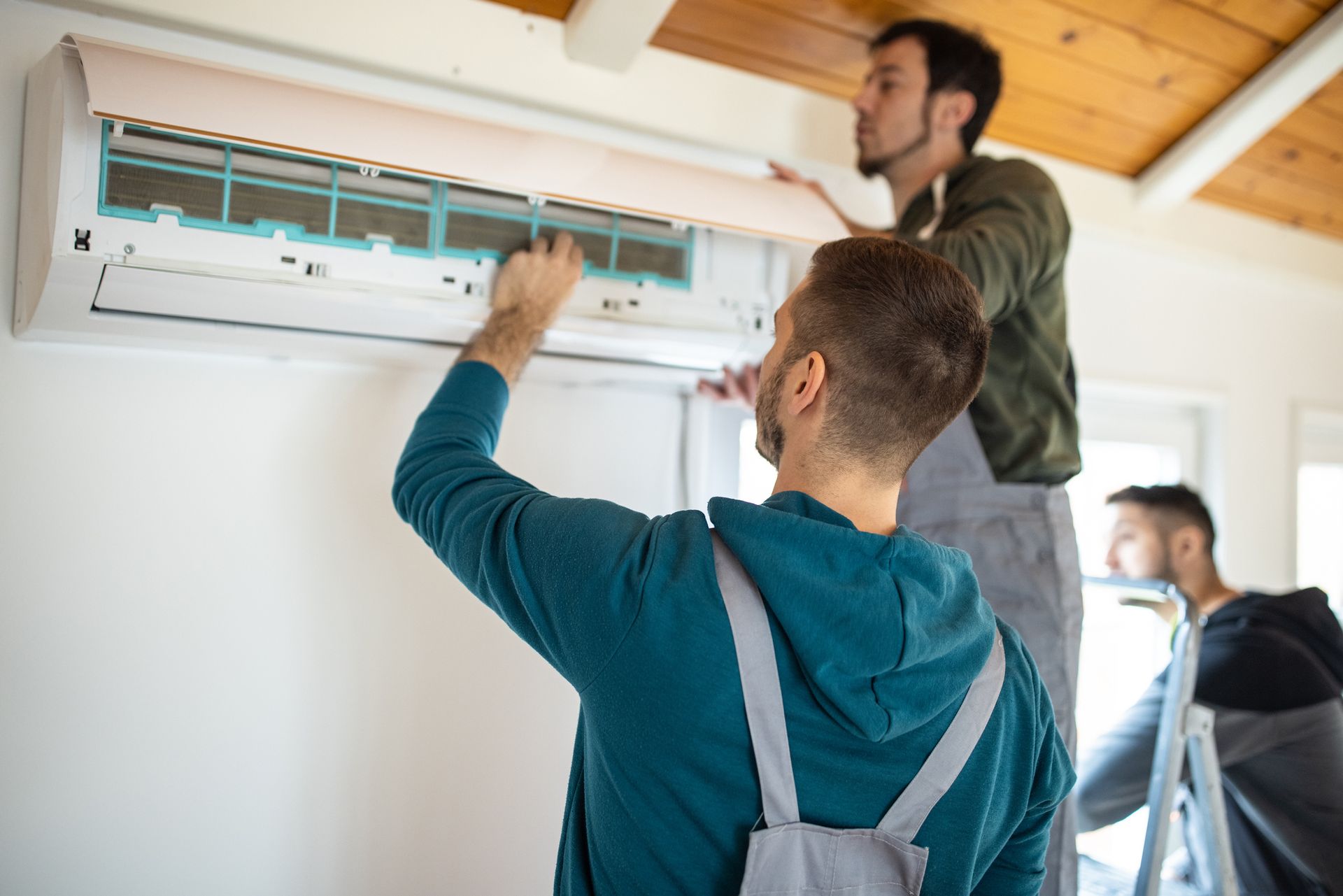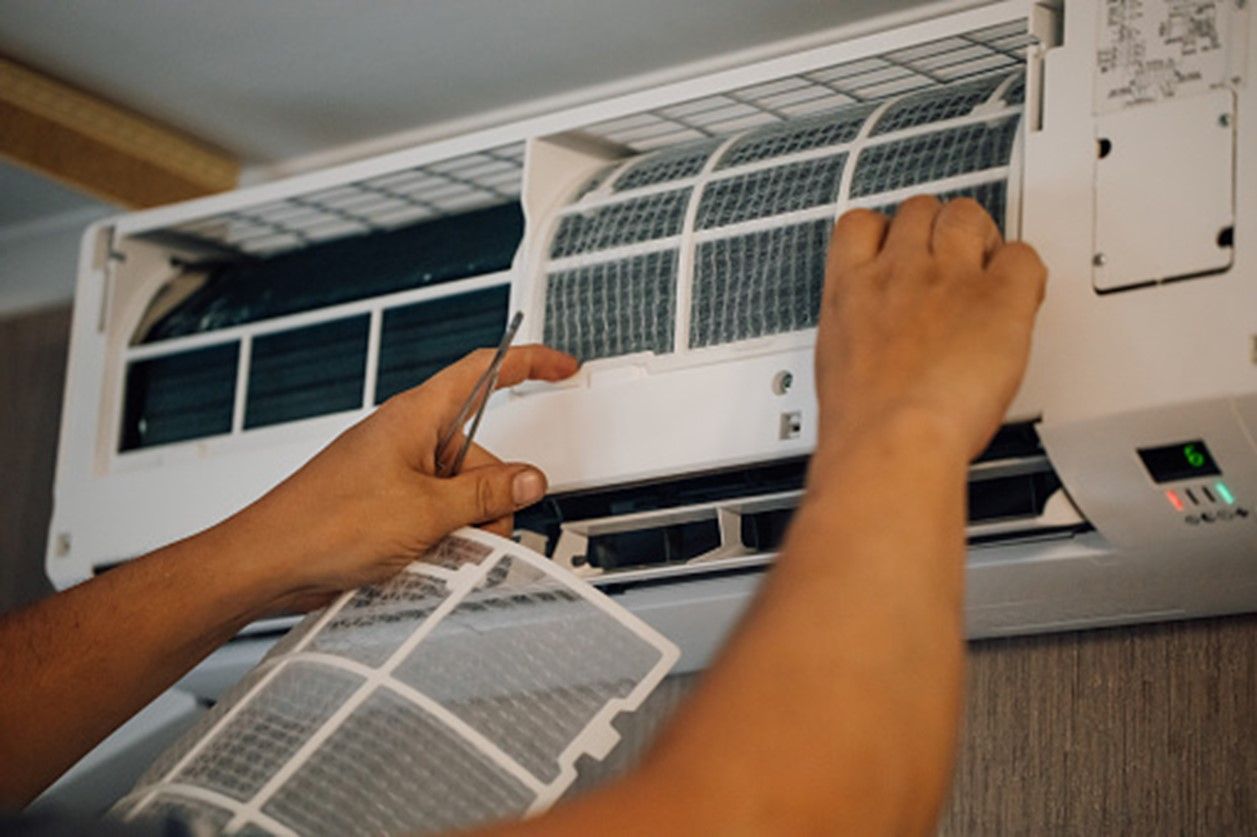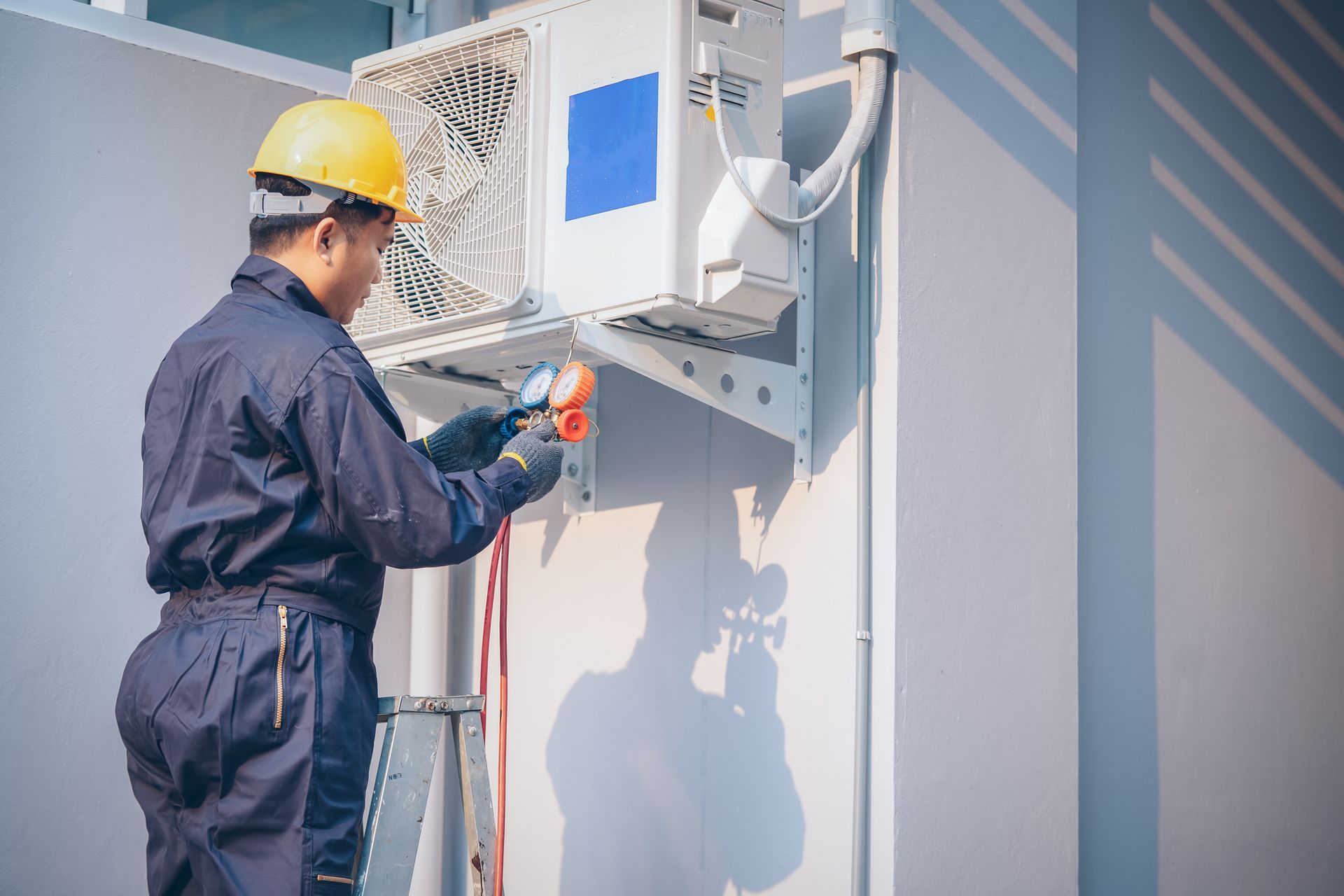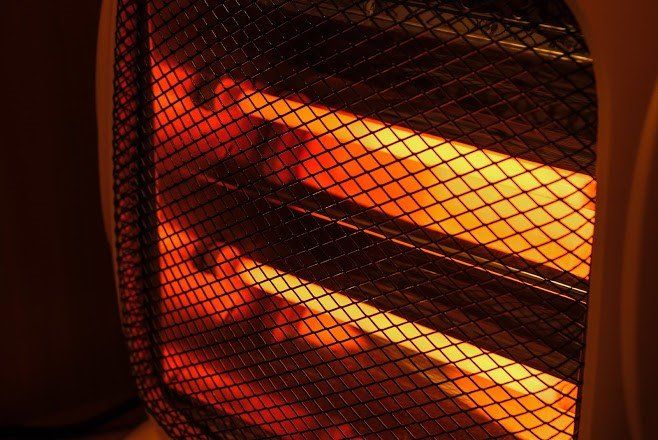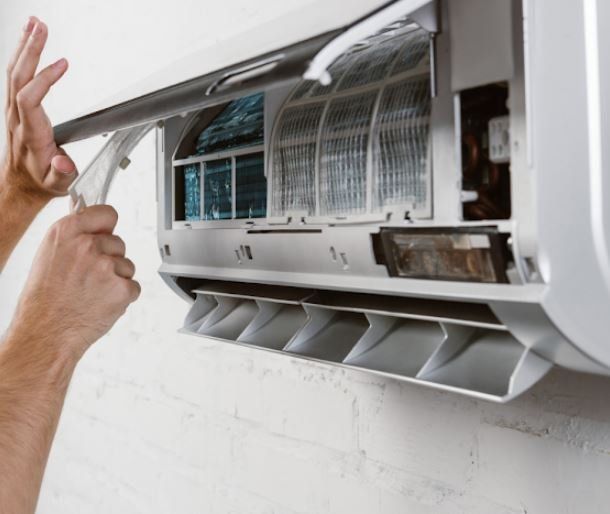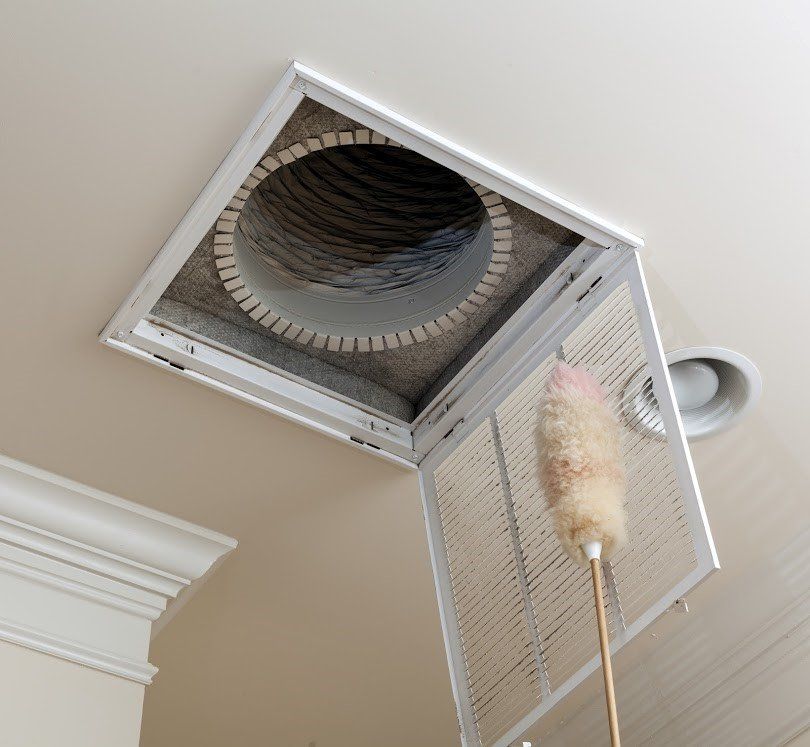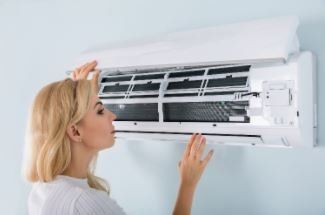SEER vs. EER? What to Know About Air Conditioner Energy Efficiency Ratios
May 6, 2020

What is the difference between SEER and EER? Whether you're a new homeowner or just want to learn more about your HVAC system, take a look at what you need to know about these air conditioner energy efficiency ratings.
What Is SEER?
This rating is exactly what the name implies. The seasonal energy efficiency ratio (or SEER) number measures how much heat an air conditioner removes divided by the electricity it uses in one cooling season. This means the SEER number represents the energy efficiency you can expect from the system over the course of the summer (provided you use the air conditioner during the summer months).
What Is EER?
Like SEER, the EER rating is also an energy efficiency ratio. But without the "S," this ratio lacks the seasonal part of the equation. This means the EER number measures the AC system's peak efficiency in general during the hottest time of the year — and not for one specific cooling season.
This AC ratio includes the capacity for an air conditioner to cool in British thermal units per hour to watts (or the power input) used.
Do All Air Conditioners Have SEER and EER Ratings?
New air conditioners have a bright yellow Energy Guide label. This label shows the energy efficiency and energy consumption of the AC appliance. Not only is the label useful, it's required under the federal government's Energy Labeling Rule.
The EER number is an older rating and not something you will usually find on new central AC units. Instead, the label provides efficiency information in a SEER rating. Even though you can calculate EER ratings for central air conditioning systems, this ratio is more common on room or window units.
If you don't have a duct system in your home or prefer a window unit, look for the EER rating to determine the average efficiency.
What SEER or EER Number Is the Best Choice?
In general, high SEER or EER numbers are preferable. Higher ratio ratings indicate the air conditioner's ability to cool efficiently.
How Important Are SEER and EER Ratings?
SEER and EER are key pieces to understanding your new air conditioner's efficiency. But that doesn't mean these ratings are the only numbers to pay attention to. While both SEER and EER are accurate ratios under controlled circumstances, they aren't perfect representations of how your air conditioner will actually function — especially at a range of different temperatures.
Before you buy a new system or room unit based on SEER or EER alone, talk to an HVAC professional. They can evaluate your home's needs (including air loss through leaks, humidity, size, and insulation) and help you to choose a system that provides the most efficiency.
Is a High SEER or EER Number the Only Way to Reduce Energy Usage?
Again, a higher SEER or EER ratio should equal increased energy efficiency. But the choice to buy a high SEER/EER model isn't the single factor in electricity reduction. Whether you have an older system with a lower SEER number or don't have the budget to invest in a high SEER/EER unit, you can still take steps to lower summer AC bills.
Along with the unit's overall efficiency ability, additional home insulation can help to reduce electricity usage. If your home already has adequate insulation, check the windows and doorframes for air leaks. The more air that gets in or out, the harder your AC system will need to work.
Before you choose a new AC unit, discuss energy efficiency concerns with the HVAC contractor. Proper sizing of the system, placement, and installation can also impact the air conditioner's ability to efficiently cool your home.
Do you need a new AC system? Contact Weather Control Air Conditioning, Inc., for more information.


